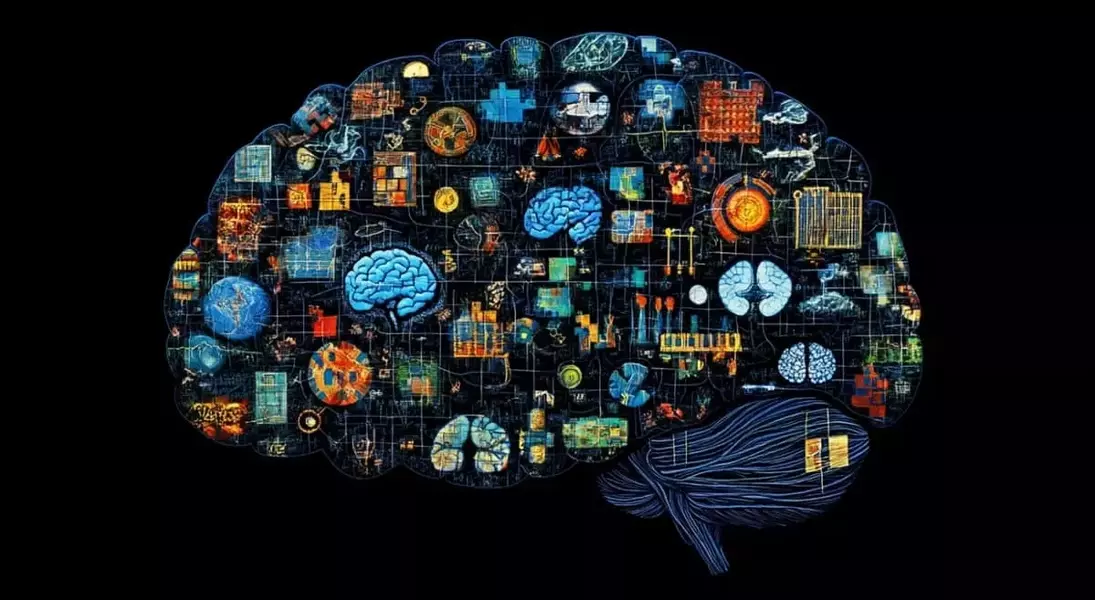
A groundbreaking study conducted by researchers at UCL and UCLH has unveiled the pivotal role played by the right frontal lobe in logical thinking and problem-solving. Utilizing a sophisticated technique called lesion-deficit mapping, the team analyzed 247 patients with localized brain injuries to determine which areas are crucial for reasoning abilities. The findings revealed that damage to the right frontal lobe significantly impairs these cognitive functions, leading to more errors during reasoning tasks. Moreover, two innovative tests developed specifically for this research have proven effective in identifying cognitive deficits not detected by traditional methods. This discovery holds immense potential for improving clinical diagnosis and treatment strategies for individuals suffering from brain injuries.
Understanding how the human brain processes information is a complex endeavor. In this study, scientists focused on patients with specific brain lesions caused by strokes or tumors, employing lesion-deficit mapping as their primary investigative tool. This method is considered the most precise way to pinpoint functional areas within the human brain. Among the participants were 247 individuals with unilateral focal brain lesions located either in the frontal or posterior regions of the brain. Additionally, 81 healthy individuals served as controls to provide a baseline for comparison.
To evaluate reasoning skills, the researchers devised two novel tests. One was a verbal deductive reasoning task, involving puzzles where participants had to identify relationships between words to solve problems. The other was a nonverbal analogical reasoning task, requiring participants to use visual elements like shapes or numbers to discern logical patterns. These tests proved particularly challenging for those with right frontal lobe damage, who made approximately 15% more errors than others. This discrepancy highlights the critical importance of this brain region in reasoning processes.
The lead author of the study, Dr. Joseph Mole, emphasized the significance of their findings. According to him, the research not only elucidates how the front right part of the brain supports logical thinking but also demonstrates the effectiveness of the newly developed tests in detecting reasoning impairments. These tools could revolutionize diagnostic approaches and enhance treatment plans for patients with brain injuries. Furthermore, senior author Professor Lisa Cipolotti noted that their work deepens our comprehension of the neural structures underlying human reasoning and its connection to fluid intelligence, suggesting that a common brain area plays a vital role in both.
This research opens new avenues for clinical applications. By validating and implementing these new reasoning tests, the team aims to make them widely accessible within the NHS, addressing the current lack of specialized tools for assessing right frontal lobe dysfunction. Such advancements could lead to more accurate diagnoses and personalized treatment options for patients affected by brain injuries. Ultimately, this study underscores the intricate relationship between specific brain regions and cognitive abilities, paving the way for future explorations into the mysteries of human reasoning.
